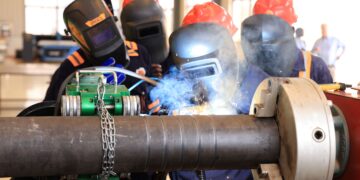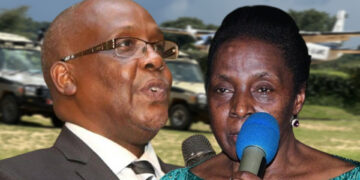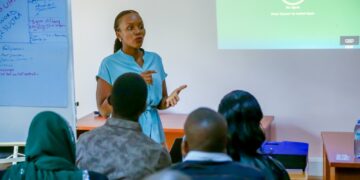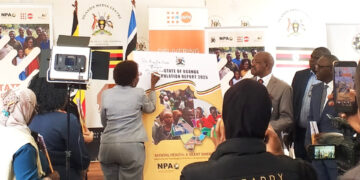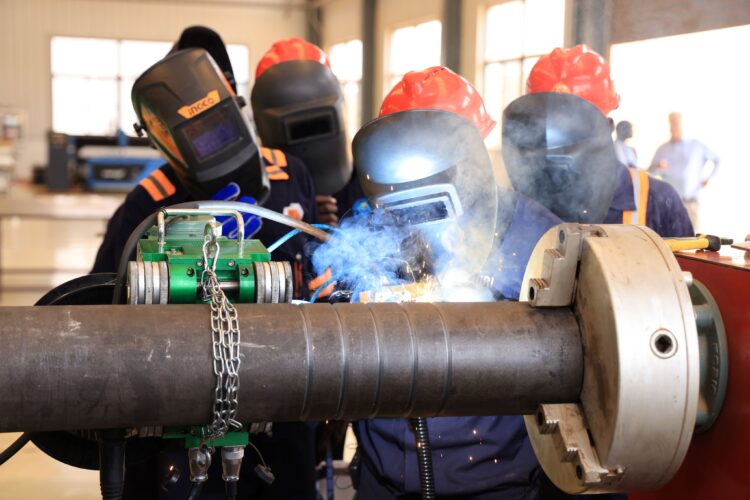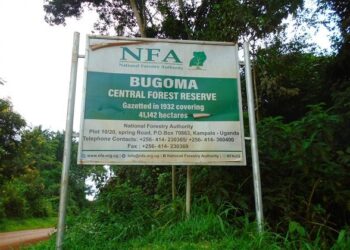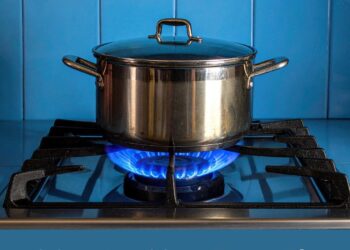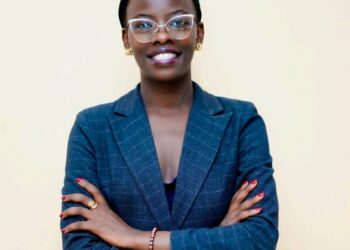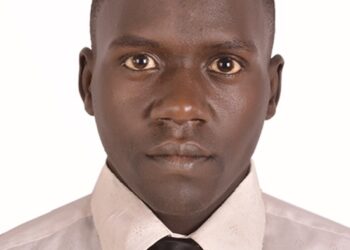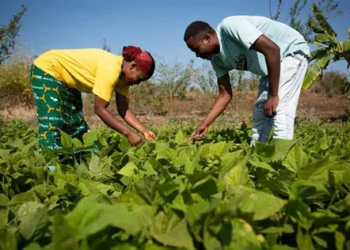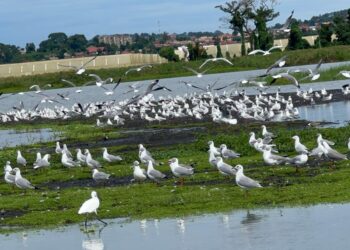OPINION
Women for Green Economy Movement (WoGEM) Uganda and other women-led grassroots organizations recently held a community engagement with marginalized communities, particularly women, directly impacted by the East Africa Crude Oil Pipeline (EACOP). The event focused on how this project has severely affected their lives.
The EACOP project, the world’s largest heated oil pipeline, connects two oil extraction sites near Lake Albert in Uganda to Port Tanga on the Tanzanian coast. While CNOOC (China) manages the Kingfisher site, TotalEnergies (France) is responsible for the Tilenga site and the pipeline construction.
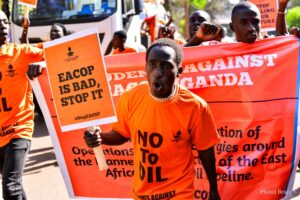
During community engagements and field visits, women shared how the EACOP construction has exacerbated climate change. They described increased poverty, water scarcity, food insecurity due to biodiversity loss, flooding, and drought. These issues have led to a surge in carbon emissions, exceeding the 1.5-degree target set by the Paris Agreement. This threatens the lives of people, especially women, living in the affected areas of the Albertine region.
The EACOP construction has also displaced schools, forcing students, particularly girls, into early pregnancies and marriages in Kijjumba, Kyakatemba, and Kikuube villages in Hoima District. These communities face limited access to healthcare and hospitals, further exacerbating their vulnerability.
While discussing how displacement from the EACOP project has impacted women’s roles and safety with our different stakeholders, we came up with different ideas as below.
Increased shifting roles. The displacement has forced women into traditionally masculine roles like firewood collection and water fetching. This is a significant change, and it’s important to consider how it impacts their time, energy, and overall well-being.
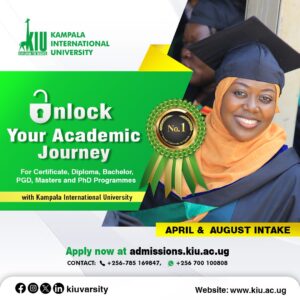
Vulnerability and Harassment: The added burdens and the need to travel further for resources has so far exposed women to greater risk of sexual harassment and violence which is a direct consequence of the project’s impact.
Accusations and Domestic Violence: The pressure of displacement and the shift in roles has lead to tension within families. Husbands wrongly accuse wives of infidelity, escalating into domestic violence. This highlights the complex social and emotional repercussions of the project.
What can be done to address the impacts on women’s roles and safety that have come up from the EACOP project?
Stopping EACOP financing. We must raise global awareness of the project’s devastating impact on women and the environment through international campaigns, media attention, and engaging with other global organizations. There is a need to pressuralize financial institutions to reconsider financing the project through public campaigns, shareholder activism, and diplomatic pressure. Governments must be encouraged to review their involvement and consider withdrawing their support through lobbying, diplomatic negotiations, and public pressure.
Moreso, women need specific assistance to cope with the new roles and challenges they face. This could include access to clean water sources, firewood alternatives, and security measures to reduce the risk of harassment.
Furthermore, there is need to address gender dynamics: The project’s impact on gender roles and relationships needs to be acknowledged and addressed. This could involve community-based programs to promote understanding and prevent domestic violence.
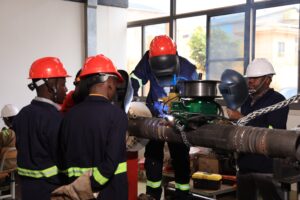
In addition to the above, we advocate for accountability and compensation: The project developers should be held accountable for the negative impacts on women. This could include providing fair compensation for displacement, ensuring women’s participation in decision-making processes, and supporting initiatives to address the specific needs of women.
Recognizing the significant negative impacts of this project, we undertook a research initiative to understand how women are adapting to these changes amidst social pressures. Our findings led to the following suggestions:
Saving groups: Women are adjusting to the changes brought about by the EACOP project in various ways, demonstrating both resilience and adaptation. Many women are embracing the “new normal” by joining saving groups to gain financial independence and provide for their families. These groups offer a platform for women to pool resources, learn financial management skills, and support each other’s economic empowerment.
Furthermore, women are actively engaging in storytelling and sharing experiences, creating a network of mutual support and problem-solving. This collective knowledge sharing helps women navigate challenges, find solutions, and build resilience in the face of change.
In addition, women are taking initiative by attending workshops to acquire new knowledge and enhance their social skills. These workshops equip them with the tools to navigate the evolving social landscape and seize opportunities that arise from the project’s impacts.
In conclusion, the devastating impacts of EACOP on human rights, well-being, and the environment demand immediate action. We must prioritize halting financing for this project until these concerns are thoroughly addressed and mitigated.
Mary Blessing Ahairiirwe,
The writer is a Volunteer at Women for Green Economy Movement Uganda
E-mail: maryblessingahairiirwe@gmail.com
